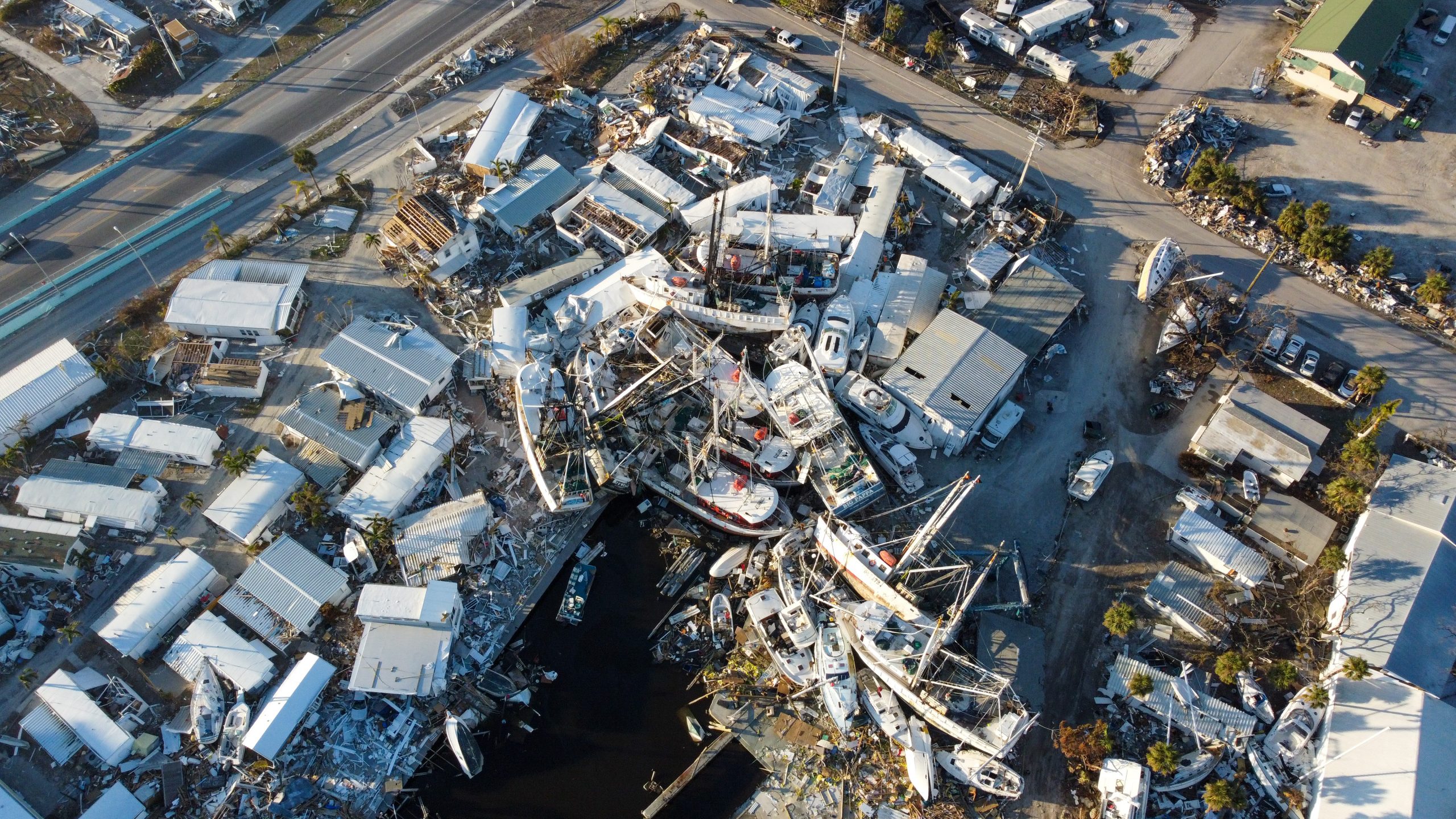
By Ada Lang, UFTI Communications Specialist
Knowing that a hurricane is bearing down on you and your property is frightening and overwhelming. However, many people fail to evacuate despite evacuation orders from local emergency management agencies.
Dr. Xilei Zhao, an assistant professor in the Department of Civil & Coastal Engineering, wondered why this phenomenon occurs and is utilizing a National Science Foundation (NSF) grant to study the matter.
“My goal is to enhance scientific knowledge of households’ emergency responses to hurricane threats by gathering field investigation data of housing damage and household survey data on evacuation choices,” she said.
Additionally, this research will improve risk communications and traffic management during emergencies and expects it will also enhance both the transportation system and coastal community resilience.
The need for this research has become more apparent with every passing year. Increased climate change, population growth and continued construction in coastal communities have placed residents in the path of increasingly severe weather events – primarily hurricanes. Yet, many residents refuse to leave for their safety. Dr. Zhao wants to understand residents’ decision-making processes for delaying departure or refusing to evacuate.
According to the National Oceanic and Atmospheric Administration (NOAA) National Centers for Environmental Information (NCEI), in September 2022, Hurricane Ian was the third costliest weather disaster on record and the deadliest to strike Florida since 1935. Ultimately, the Category 4 storm caused over 145 fatalities in the state, and damage by the 10-15 foot storm surge and 150 mph winds totaled approximately $50 billion. The West coast near Naples and Fort Myers received the worst damage. The last-minute intensification and track change caused many families to delay evacuating until it was too late.
“This hurricane presents a unique opportunity to study how households dealt with conflicting objectives in their protective action decision-making and why they delayed evacuating or even refused to leave,” Dr. Zhao said.
Dr. Zhao proposes to develop a novel methodology that integrates artificial intelligence (AI) with existing statistical models to help forecast evacuation choices during hurricanes to improve model accuracy while preserving model interpretability. Such models can be trusted and utilized immediately to facilitate evacuation planning and real-time decision-making that will hopefully convince more residents to evacuate and save lives.
Read the full abstract here: